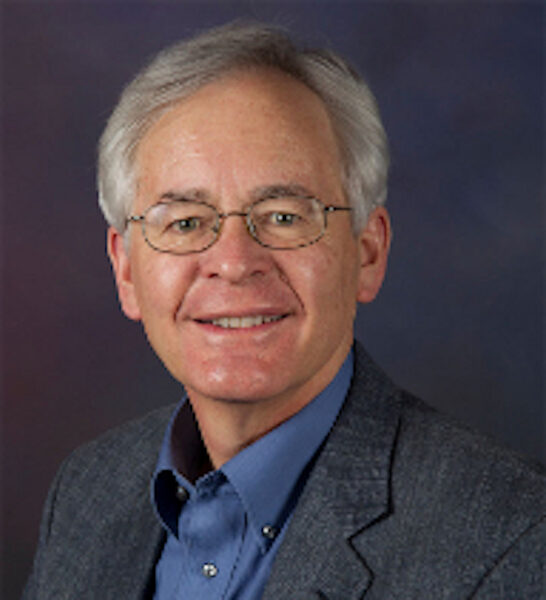Some Thoughts on the Future of Physics, Dr. Robert Ecke, Los Alamos National Lab

Description
Date: Thursday, June 22.
Time: 15:00-16:30.
Location: Lab4, Level E, L4E01.
Speaker: Dr. Robert Ecke, Los Alamos National Lab
Title: Some Thoughts on the Future of Physics
Abstract:
“I think that the next century will be the century of complexity.” Stephen Hawking 2000 “Prediction is very difficult, especially if it’s about the future.” Neils Bohr Physics was the ultimate science of the 20th century as new paradigms emerged from ever more sophisticated experiments and the encapsulation of our observations in theories of relativity and quantum mechanics. The basic building blocks of matter from electrons, neutrons and protons to quarks and gluons were elucidated. The mechanical and electronic structure of materials were developed to a remarkable degree including superconductivity, semiconductors, and the ever increasing novel materials that power the technological revolution of modern society. Looking forward to the 21st century, it is useful to reflect on the past and attempt to understand its message for the future. I will attempt to draw lessons from my own experience as a soft condensed-matter experimentalist, as a member and later Director of the Los Alamos National Laboratory Center for Nonlinear Studies, and from many discussions with colleagues over close to 50 years. I remember distinctly asking my 9th grade chemistry/physics teacher whether we would ever see an atom. The answer was a certain “no”. About 14 years later at the March APS meeting, I saw Binnig and Rohrer report the first images of atoms using STM. Today such measurements are routine. And so it goes: the wonders of physics have unfolded before my eyes and constantly amaze me - who is not awed by LIGO gravity wave detection or visions of the universe unfolding from the James Webb telescope. There are many fascinating and challenging problems in physics, all of which have much intrinsic interest. How then to choose among the many paths forward? I will argue that as physics matures the problems that one encounters become increasingly challenging owing to nonlinearity, many-body interactions, and complexity. The future is rich with possibility but perhaps that future will be quite different from the physics of the 20th century.
Add Event to My Calendar
Subscribe to the OIST Calendar
See OIST events in your calendar app





